Who ya gonna call? Unrelated code to pose the problem. Not the best editor tool so being terse. Thanks.
A new method that is part of the derived class cannot be accessed by the new object. All the Intellisense sees are the abstract parts of the base class. Typing them in and running them gets an error. If methods and fields can't be added what is the point of base to derived and on down. I have searched all examples and come up empty.
public class SalesEmployee : Employee
{
public decimal salesbonus; // Additional field
public SalesEmployee(string name, decimal basepay, decimal salesbonus)
{
this.salesbonus = salesbonus; // Create new field
}
public override decimal CalculatePay() // Override abstract
{
return basepay + salesbonus;
}
public decimal CalculateExtraBonus() // Not an override
{
return basepay + (0.5 * salesbonus); // Belongs to this class only
}
}
static void Main()
{
// Create new employee.
SalesEmployee employee1 = new SalesEmployee("Alice", 1000, 500);
decimal = employee1.CalculateExtraBonus(); // Can't see the new method
// Derived class cannot get to new method.
}
I'm thinking of trying the following. Typing out questions really helps.
{ SalesEmployee salesEmpInstance = employee1
decimal = salesEmpInstance.CalculateExtraBonus()
// Maybe this could see the method.

